Protesters and pro-democracy partisans have made an important breakthrough. No one has conceded defeat, the victors are not celebrating, and the costs have yet to come due.
No one is celebrating or conceding because the victory is so small that it has barely registered after five months of unprecedented political turmoil. It has also come with one serious setback.
The breakthrough has been achieved in the form of candidate certification for the coming District Councils election. The setback is the disqualification of one prominent activist, Joshua Wong Chi-fung, but his back-up Plan B is waiting in the wings and has been cleared to run.
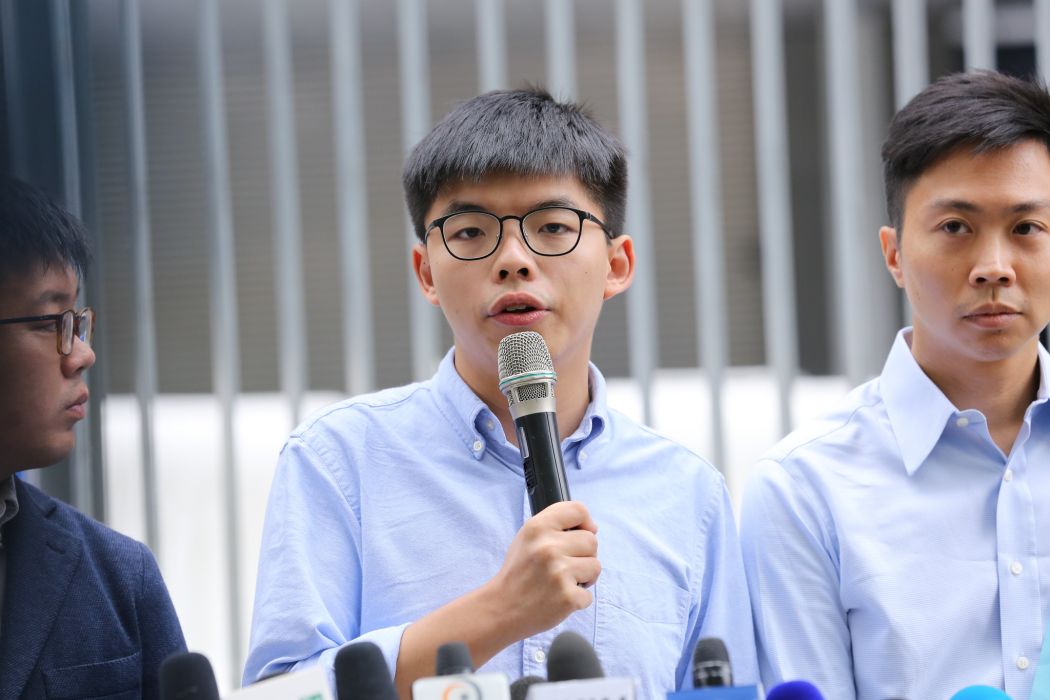
The election is scheduled for November 24, with 452 seats at stake in Hong Kong’s 18 community-level District Councils.
Candidate validation for a protest election
Among the many promises Beijing made to Hong Kong when it was transferred from British to Chinese rule in 1997 was the right to stand for election. This was spelt out in Hong Kong’s new Basic Law constitution, Article 26. Twenty years later, the reality is very different. Hong Kong now lives in a new world of political vetting, and candidates have been barred from contesting all kinds of elections.
Candidate certification was introduced in 2016 to maintain strict standards of political loyalty as decreed by Beijing. Administered by the Hong Kong government and upheld by Hong Kong’s courts, the practice has since led to disqualifications of prospective Legislative Council candidates in 2016, prospective candidates for the special elections to replace them in 2018, and a candidate for a village election early this year.
The new standard was also applied, retroactively and selectively, to unseat six Legislative Councillors elected in 2016.
All of this followed a formal Interpretation of Basic Law Article 104 by Beijing, on the taking of oaths by all public officials. Issued in November 2016, the Interpretation says that everyone concerned must declare an oath of loyalty to Hong Kong’s post-1997 political order, which among other things decrees that Hong Kong is an inalienable inseparable part of China.
The Interpretation made this loyalty oath a legally binding precondition for contesting elections as well as taking up public offices.
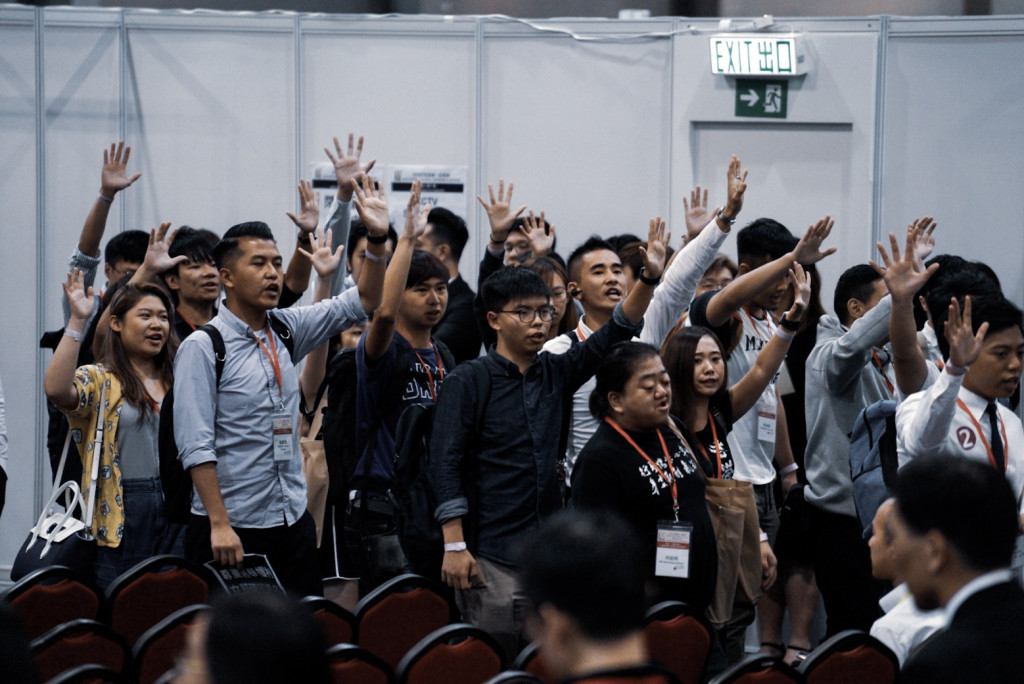
Yet candidates of the same political persuasion as those disqualified last year have just been certified to stand in the coming November 24 contest. Dare anyone suggest that the intervening months of peaceful and non-peaceful protest might have made the difference? It would seem so, following the sequence of events, although nothing has been acknowledged in so many words.
But among the many “deep-seated,” albeit officially unacknowledged, political grievances underlying the current upsurge of public anger is the erosion of Hong Kong’s autonomous political space in deference to Beijing’s demands and definitions.
The matter of political disqualification is among the most resented and widely recognised because it involved not just prospective candidates and elected legislators but all their potential and actual voters as well.
Self-determination – no longer a disqualifier?
It seems a heavy price to pay, but the sequence of events cannot be denied. Last year, before the current upheaval began, activist Agnes Chow did not disavow her party’s adherence to the principle and promise of self-determination. She and her friends defined it to mean not only allowing Hong Kong voters to elect their own leaders, as promised by Beijing in 1997, but also allowing voters themselves to choose what kind of political system they preferred.
Joshua Wong Chih-fung along with Agnes and others were founders of the small political party they called Demosisto, and they included independence among the options that Hong Kong voters should be allowed to choose in a non-binding referendum, which they proposed should be held ahead of the 2047 deadline.
The promises Beijing made in 1997 were given an official shelf-life of only 50 years. But the party itself does not actually advocate Hong Kong independence.
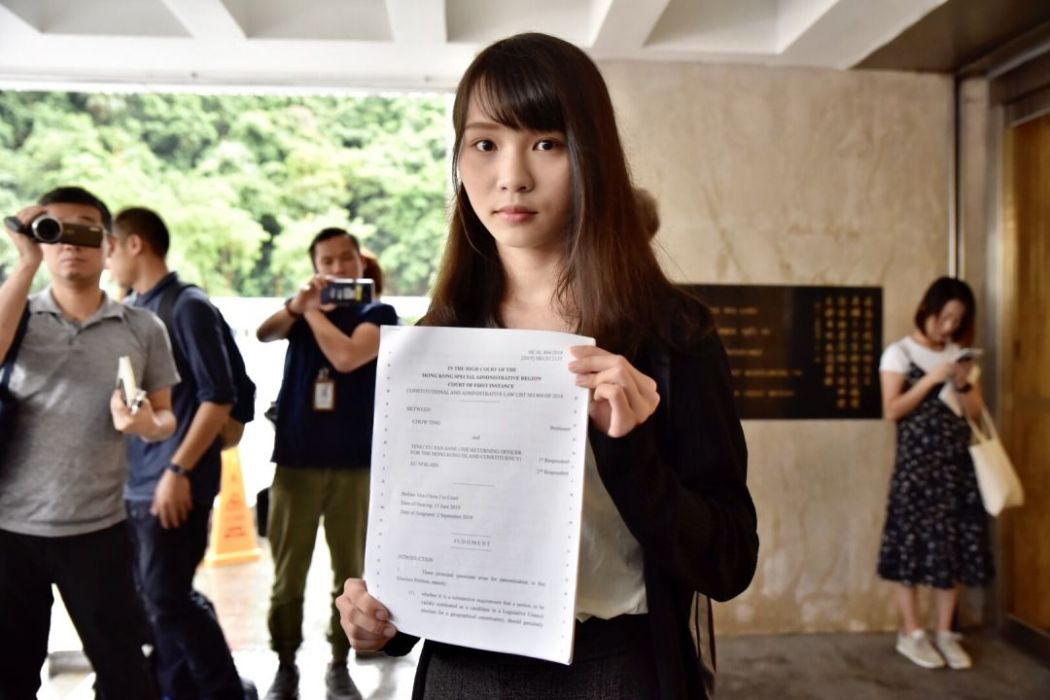
Nevertheless, Chow was not allowed to run in a 2018 special election on grounds that she did not genuinely adhere to Hong Kong’s constitutional status as a region within the Chinese People’s Republic and an inalienable part thereof. She subsequently applied for a judicial review and the court ruled that in the interests of procedural fairness, her vetting official should at least have given her a chance to explain herself.
The clearest definition, in English, of what Demosisto means by “self-determination” can be found in section 35, of the court judgement on her appeal, issued in September this year. The judge gratuitously sideswiped her effort as a “watered-down version of the doctrine of self-determination involving the use of a non-binding referendum essentially to forge public opinion and put pressure” on officials in Beijing and Hong Kong with a view to “pushing for a greater degree of autonomy for Hong Kong.”
The vetting officials are ordinary civil servants, district-level officers under the Home Affairs Department, temporarily re-assigned to oversee election work, during which time they are known as “returning officers.” But they suddenly seem to have become very tolerant. All pro-democracy candidates who could expect some turbulence from the new post-2016 standards have been certified to contest the November 24 election, that is, all save one.
Some have been asked to explain themselves, some have not. Among them are advocates of self-determination, including a former member of Demosisto. Her past advocacies were not held against her; indeed they were not even questioned.
Evidently, self-determination is no longer an automatic disqualifier, which is just as well. By the 2016 election, virtually all pro-democracy parties and groups were calling for self-determination, without any of them explaining very precisely what they meant by it.

So, are the returning officers now judging arbitrarily and individually, or acting on “instructions”? There have been no official announcements or explanations. There also seems to be no real consistency but only an emerging pattern, as prospective candidates receive their certification notices and journalists piece together the results.
In the case of Legislative Councillor Eddie Chu Hoi-dick, he was not allowed to contest a village election earlier this year. He had refused to disavow the independence option as a choice others might make, although he himself was not an advocate. The same returning officer has just asked him again and he reportedly said he no longer supports either the independence option or self-determination.
Violence, liberation, and revolution – also no longer disqualifiers?
Nor is the favourite slogan of the current protest movement apparently any longer sufficient to disqualify. Spray-painted on unprotected surfaces all over town is the rallying cry: “Reclaim Hong Kong, the revolution of our time.” Official sources have been translating it as “Liberate Hong Kong, the revolution of our time.”
The slogan and the advocacy that went with it was enough to disqualify its originator, Edward Leung Tin-kei, from contesting the 2016 Legislative Council election. Political vetting began in earnest that year, following the failure of the 2014-15 election reform project. Beijing had insisted on mainland-style universal suffrage elections for Hong Kong’s Chief Executives, which would have meant Beijing officials first vetting the candidates.
Democrats rallied to defeat Beijing’s proposal on grounds that it would never permit genuine universal suffrage elections. Opponents argued that the results would probably be little different from the procedure followed now. Beijing approves Chief Executive candidates that are then endorsed by a select committee that has itself been designed to guarantee the “correct” outcome!
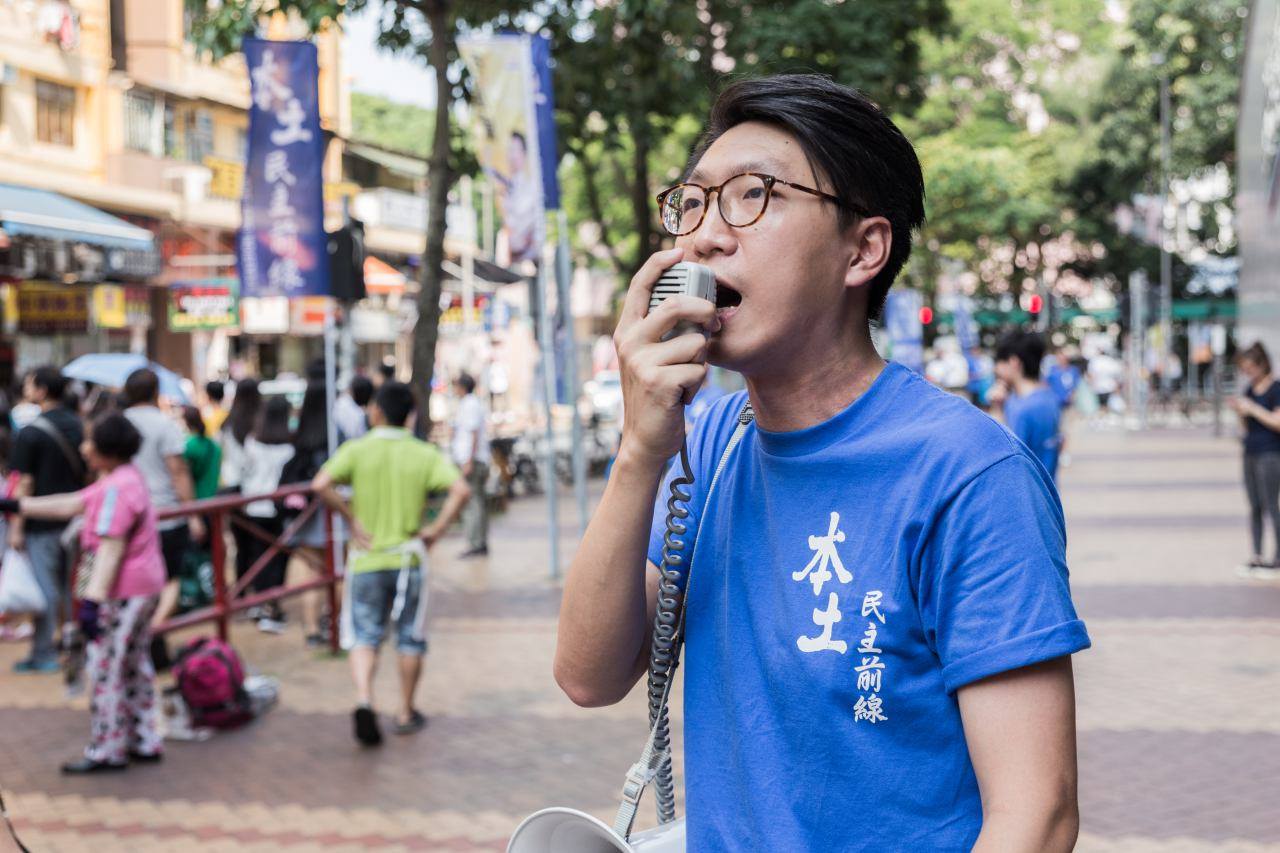
Leung was among the new wave of younger generation activists who emerged from that 2014-15 campaign for genuine universal suffrage elections. Some concluded that Beijing’s Communist Party leadership was incapable of allowing Hong Kong the autonomous political space it needed for a genuinely democratic way of life and began calling for outright independence.
Leung understood the risks of going that far. But he was disqualified anyway, in 2016, for advocating a “valiant” struggle and genuine autonomy. “Valiant” was a polite word for violence, and he is currently serving a six-year prison sentence for his role in the 2016 Mong Kok unrest. It was a brief overnight affair, nothing by today’s standards. But in retrospect, it set the precedent for the street violence that has overtaken Hong Kong’s long-standing peaceful protest tradition.
Leung and like-minded activists had concluded that the Chinese Communist Party remains an unreformable monolithic dictatorship. Hongkongers should not continue forever with their useless passive Sunday afternoon protest marches. Violence was one option; independence another.
Equally ironic, now, the most frequently asked questions candidates are reporting from their successful vetting experiences is about the significance of Leung’s slogan and what they mean by repeating it.
All have reported giving different variations of the same answer, namely, that the slogan can be interpreted to mean different things, but not liberation in the sense of separation from China, as Beijing writers keep insisting.
It means something more like “reclaim” or retake or restore, as in reclaiming Hong Kong’s core values, the very same that was anticipated by Beijing and written by Beijing, for Hong Kong, into its Basic Law constitution. Only in practice, the ideals seem to have one meaning for Beijing and another for Hongkongers.
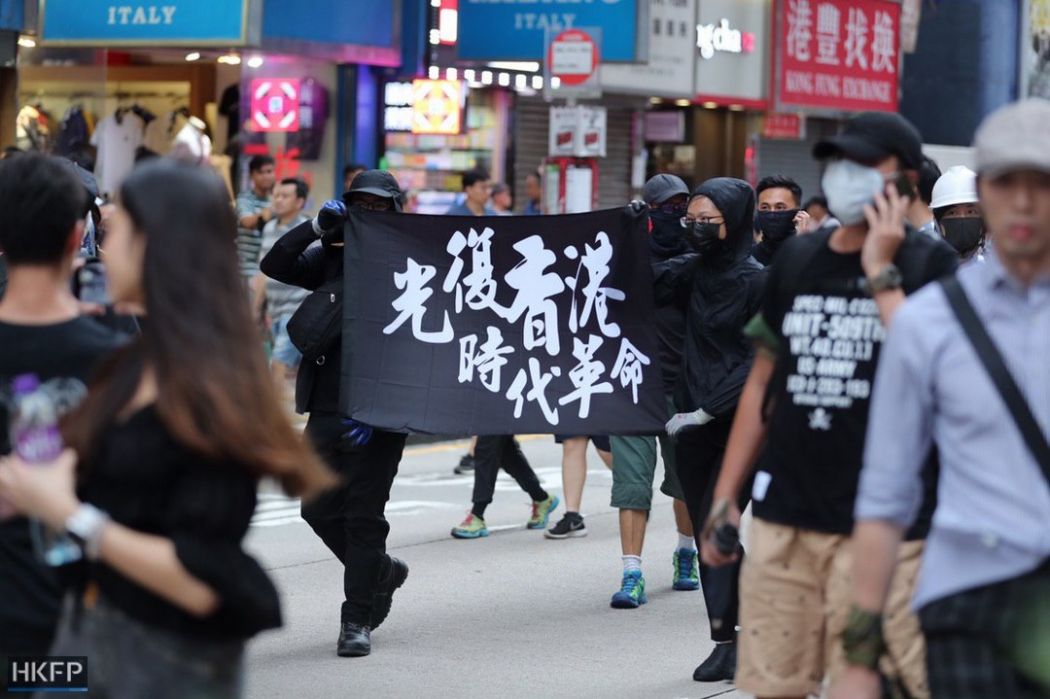
As for revolution, candidates like to say it is just a revolution in people’s way of thinking, so as to be able to reclaim the ideals they envisage that are necessary for Hong Kong’s rebirth.
Unlike Leung in 2016, all who have reported giving such answers to their returning officers have been given the green light to contest the election.
Beijing’s definitions
If candidates are being cleared to contest who were denied that right before, what has changed? And if the returning officers can be so tolerant now, why were they disqualifying candidates before?
This is actually new territory for everyone, but the source of official Hong Kong’s intransigence lies in Beijing. Local officials during the past two years have often cited the speech President Xi Jinping made during his visit here to celebrate the 20th anniversary of Hong Kong’s 1997 return to Chinese rule. In his July 1 speech, Xi warned against what he saw as Hong Kong’s dangerous drift in the direction of independence. He said it was a “red line” that must not be crossed.
His words: “Any attempt to endanger China’s sovereignty and security, challenge the power of the central government and the authority of the Basic Law of the HKSAR or use Hong Kong to carry out infiltration and sabotage activities against the mainland is an act that crosses the red line, and is absolutely impermissible.”
A few months later, at the 19th Congress of the Chinese Communist Party in Beijing, he offered a somewhat new iteration. He cited Beijing’s “comprehensive jurisdiction” over Hong Kong, which he described as melding Beijing’s authority with Hong Kong’s autonomy in a natural or “organic” way. Presumably, this would ensure that Hong Kong could never be separated from China in any way whatsoever.
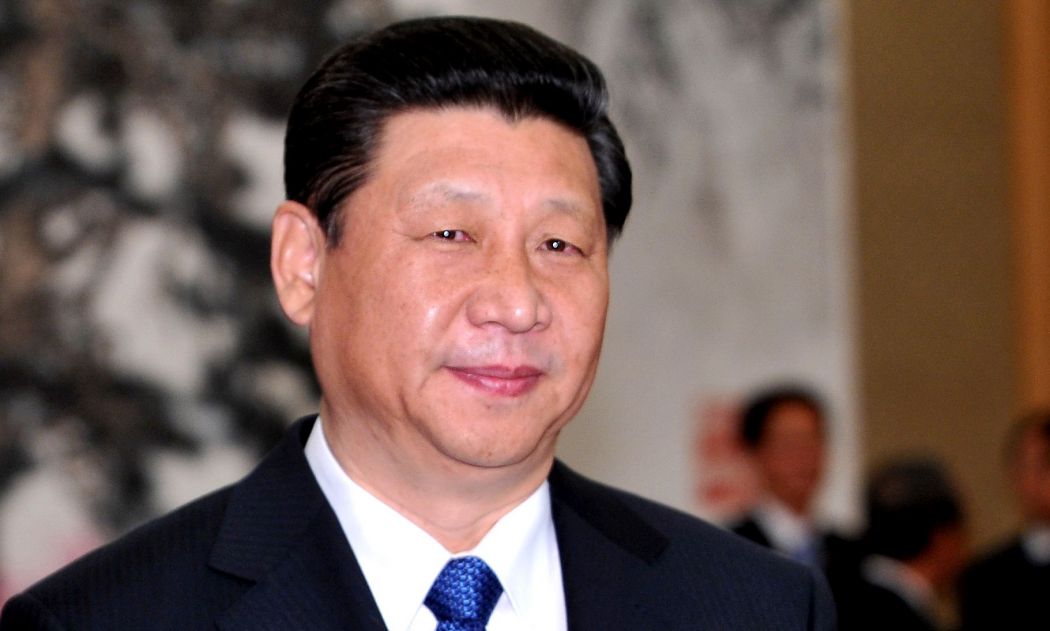
In countless statements by Beijing officials and opinion leaders thereafter, self-determination and independence were denounced as one and the same manifestation of an anti-Beijing “separatist” mentality taking root in Hong Kong.
Political definitions are evidently evolving, in practice, on the theme of self-determination for Hong Kong in the context of unified Communist Party rule. Otherwise, there would be many more disqualifications and many more convincing attempts to explain the “valiant” exercises in revolutionary confrontation that have been ongoing since the trashing of the Legislative Council building on July 1.
The curious case of Joshua Wong
The exception to this emerging pattern of tolerance for suspect behaviour is Hong Kong’s most famous activist, Joshua Wong. Among prospective candidates, his fate was the last to be announced and the subject of speculation for days ahead of his disqualification on October 29.
The original returning officer responsible for his district suddenly went on indefinite sick leave. Three others reportedly refused to take responsibility for disqualifying him, which is assumed to be a demand from Beijing.
Beijing sources, for their part, have run the gamut of derogatory labels to pin on Wong: independence advocate, separatist, traitor, American puppet, a violator of Hong Kong’s constitutional order, and so on.
In response to questions by interviewers and his tough new returning officer, Wong explained that his group, Demosisto, is in effect challenging Beijing’s hardline insistence that self-determination and independence are one and the same. He and his friends are not calling for independence. They do not advocate or support it, and other groups that do give them a wide berth.
They are only seeking what was promised in 1997, namely, autonomy and free elections. Hongkongers should be able to decide for themselves what kind of elections they want and who the candidates can be.

Not good enough, declared his returning officer. The official press release announced her decision in simple categoric Beijing-style terms. The returning officer ruled that Wong could not pass the loyalty test because promoting self-determination is contrary to the requirement that candidates must uphold Hong Kong’s Basic Law and pledge allegiance to the Hong Kong Special Administrative Region of China.
He and his party were now expressing themselves somewhat differently than before, but she did not believe that signified any change in their political advocacy.
Since there was no consistency in the returning officers’ decision-making overall, and since self-determination did not matter for anyone else, it must be assumed that other considerations figured in Wong’s disqualification.
Best look to Beijing in this regard and the nature of old-fashioned Communist Party intransigence when confronted with any challenge to its authority. Wong’s prominence evidently made him the target, to signify the power of Party rule that cannot, yet, be fully exercised here.
His affront, as perceived by Beijing, was spelt out in last Sunday’s pro-Beijing Ta Kung Pao newspaper. It devoted a full front-page special feature to the proposition that, roughly translated: “Independence advocate Joshua Wong should be disqualified from taking his first step up the ladder to political power.”
Photographs showed him in contemporary street protesters’ gear complete with helmet, gas mask, goggles, and a smartphone. Others showed him being arrested along with Agnes Chow ahead of the August 31 unauthorised rally, for participating in an earlier unauthorised demonstration, in Washington with United States Congresswoman Nancy Pelosi lobbying for US support, and on the street in his own Hong Kong neighbourhood surrounded by angry residents cursing him as a black-visaged traitor and running dog.
The case against him: Demosisto’s demand for self-determination was, in fact, an attempt to mobilise public opinion for a seizure of political power. They advocated holding a referendum with the aim of amending Hong Kong’s Basic Law and changing its constitutional status. And they sought the help of foreign anti-China forces to create chaos in Hong Kong, thereby proving they do not support Hong Kong’s existing political order.
